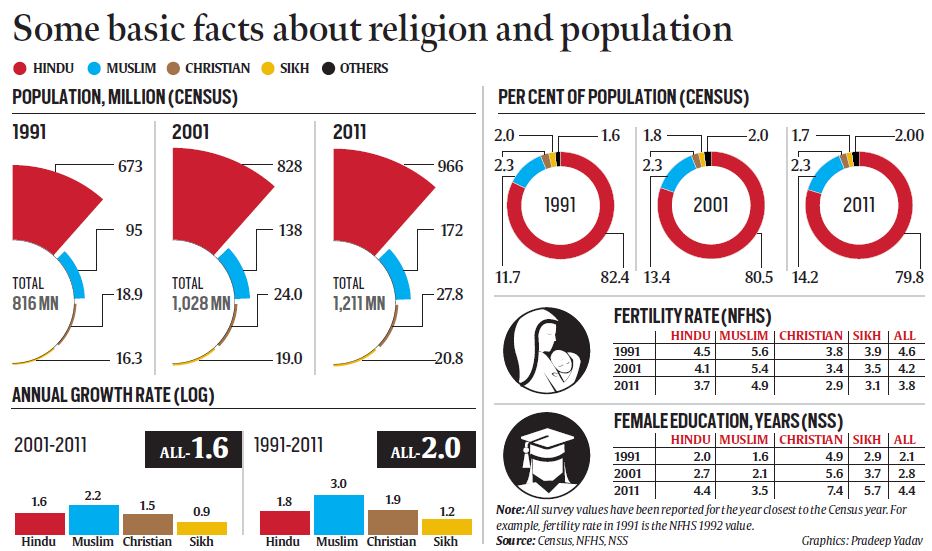- 70th Anniv of allied victory
- Joint statement by India, China and Russia to mark the 70th anniversary of Allied victory in the Second World War.
- On the face of it, the sentiment seem entirely unexceptionable. Not quite. While Russia and China see the Second World War as a defining moment in their national histories, the political leadership of independent India has tended to dissociate itself from the commemorations despite the massive contribution of its people to the war.
- Role of India
- Congress
- Divided - Gandhi, Nehru, Bose
- Communist
- Muslim League
- didnt obstruct seeking support for Pak
- S C Bose and Role of INA
- chose to ally with the Germans and Japanese and formed the Indian National Army in the quest to oust the British colonial rulers from India.
- Bourgeois
- Princes
Extra info
It is therefore welcome that India, along with Russia and China, chose to pay “tribute to all those who fought against Fascism and freedom”. “Russia, India and China affirmed the need to solemnly commemorate those historic moments of great significance in human history”, the three ministers added.
For Russia, the victory over fascist Germany in the second world war is a sacred national memory. For Beijing the Second World War is about the liberation of China from Japanese imperialism.
For both Russia and China, their special position in the international system as permanent members of UNSC comes from their participation in the victorious coalition against fascist powers.
Moscow and Beijing also won special concessions as great powers in the post war territorial settlements of of Europe and Asia.
For Russia and China, the Allied war against fascism coincided with their national struggle against foreign occupiers—Germany and Japan respectively.
The Indian communists tacked themselves to Soviet Russia’s shifting positions in the war.
The Indian army saw action on fronts ranging from Italy and North Africa to East Africa, the Middle East and the Far East.
In South-East Asia alone, 700,000 Indian troops joined the effort to oust Japanese armies from Burma, Malaya and Indo-China. By the time the war ended, the Indian army numbered a massive 2.5 million men, the largest all-volunteer force the world had ever seen.
What next?
Thanks to the incoherent Indian nationalist response to the war, it got few rewards in the peace settlement that followed. Given its decisive contribution to the war, India should have been permanent member of UNSC.
Seventy years later, the time has come for political India to put the war in its proper historical context and celebrate the extraordinary contributions of the Indian people in defeating fascism and making of the modern world order.






